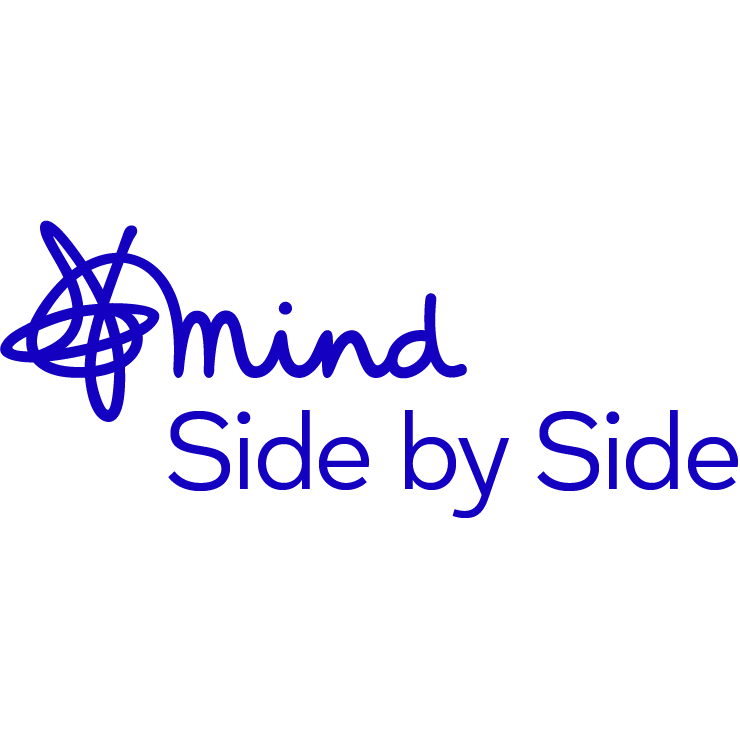There are many different styles of counselling available; the style chosen can have a significant impact on the successful outcome of your sessions. Please see below if you are interested in finding out more about different counselling styles before you get in touch. If you preferred you can get in touch and arrange for a free consultation with our assessment team. The person you speak with will be happy to help you identify which style of counselling might best suit you and the issues you are facing.
Submit this brief form to arrange an initial consultation.
Breathwork
Cognitive Behavioural Therapy
Cognitive behavioural therapy (CBT) helps you manage your problems by changing the way you think and behave. It encourages you to examine how your actions and thoughts can affect how you feel.
It is based on the idea that the way you think about a situation affects how you feel and act. In turn, your actions influence the way you think and feel. Therefore, it is necessary to change both thinking (cognition) and action (behaviour) at the same time. CBT is an active therapy and you will be expected to work on your problems between sessions.
Many of our therapists do incorporate CBT elements into their therapy sessions. We don’t currently have pure CBT therapists.
Couples Therapy
Couples therapy is offered to support people in relationships who may be considering separation or seeking improved intimacy and understanding. In couple’s therapy, the relationship is the focus, although each partner should also expect to focus on self-improvement and self-awareness.
Successful therapy depends on each partner’s motivation and dedication to the process, and couples can expect to become better listeners and communicators and to find new ways to support one another. Goals will be established by the couple under the guidance of the therapist, and in order to achieve these objectives, each partner must be prepared to acknowledge and understand his or her role in the relationship.
Existential
This helps you to think about and understand life, so that you can live it well. It encourages you to focus on the basic assumptions you make about it, and about yourself, so you can come to terms with life as it is. It allows you to make sense of your existence.
The therapy helps you focus on how much you already take charge of your life, and not on what you are doing wrong. At the same time, it takes note of any real limitations, so that you can make choices based on a true view of the options available.
Humanistic/Person Centred
Person-centred therapy is based on the principle that the Counsellor provides three ‘core conditions’ that are, in themselves, therapeutic.
These are:
- Empathy (the ability to imagine oneself in another person’s position)
- Unconditional positive regard
- Congruence (honesty and openness).
The relationship between you and your counsellor will help to you to feel differently about yourself and your life. This can then help you to make changes in your life, if you decide you want to do so.
Integrative
This is when several of the models of counselling shown above are used together in a converging way rather than in separate pieces. The counsellor may also select what is applicable to you from a range of theories, methods and practices.
Low Cost Counselling
Our low-cost counselling is provided by highly trained student counsellors. They are in their last year of training or are newly qualified volunteer counsellors working towards British Association for Counselling & Psychotherapy (BACP) accreditation status.
Your referral will be assessed by one of our clinical team and you will be allocated accordingly to one of our trainee or volunteer counsellors based upon your current presenting needs.
All our trainee volunteer counsellors work within the BACP Framework for Counselling Professions (2018) and are DBS checked. They are also required and committed to attend regular supervision provided by our clinical team.
Mindfulness
Mindfulness-based counselling helps you focus on your thoughts and feelings without becoming overwhelmed by them.
Psychodynamic
This approach stresses the importance of the unconscious and previous experiences in shaping current behaviour. You are encouraged to talk about childhood relationships with parents and other significant people and the therapist focuses on the client/therapist relationship.
The psychodynamic approach is derived from psychoanalysis but usually provides a quicker solution to emotional problems. It helps people with a range of psychological disorders to make significant changes to how they make decisions and interact with others.
Solution Focused
This promotes positive change rather than dwelling on past problems. You will be encouraged to focus positively on what you do well and to set goals and work out how to achieve them. As little as 3 or 4 sessions may be beneficial.
Somatic
Training Academy
Our Training Academy website offers a number of interactive courses to help you learn how to manage your mental health and provide support for others.

Side by Side
Side by Side is a supportive online community where you can be yourself. We all know what it's like to struggle sometimes, but now there's a safe place to listen.
Connect with people who experience struggles at times
Counselling
Our highly qualified therapists have a range of specialities and approaches as we know it is not one size fits all.
